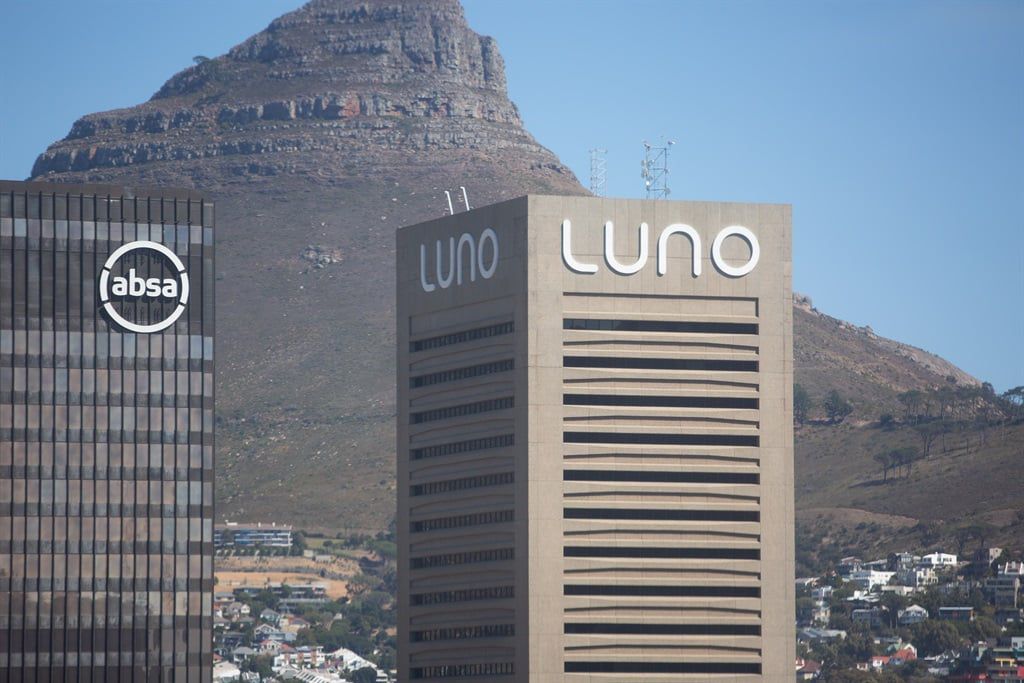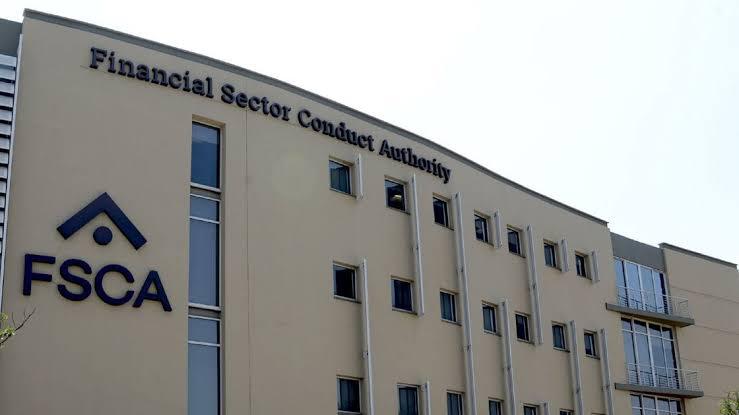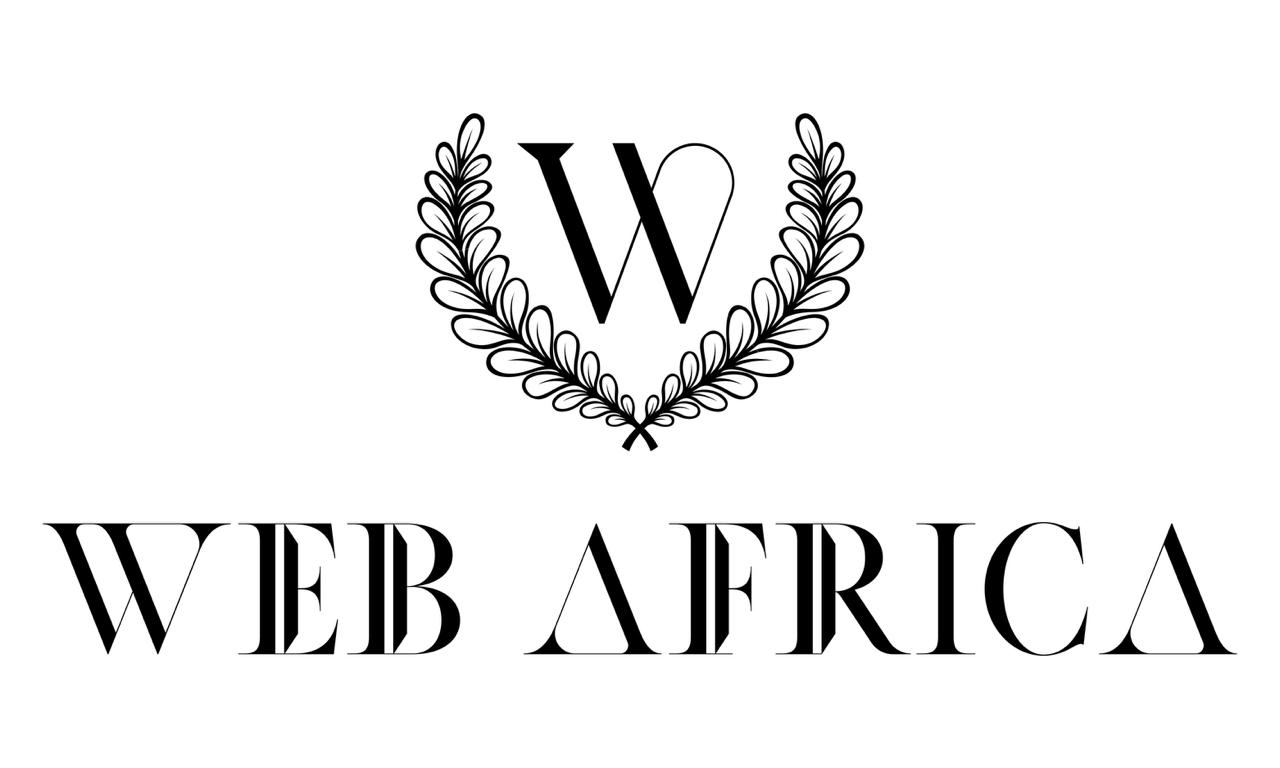Kira | WebAfrica — June 2025

South Africa just made a bold move in recognizing the future of finance. The Financial Sector Conduct Authority (FSCA), the country’s top financial watchdog, has officially granted a financial services provider license to Luno, South Africa’s longest standing crypto asset platform.
This milestone isn’t just a win for Luno, it signals a shift in how African regulators are beginning to treat cryptocurrencies and blockchain powered financial services. After years of operating in a grey area, this license places Luno under formal oversight, making it one of the first crypto native companies in Africa to be officially regulated.
It’s about trust, safety, and a giant leap toward mainstream adoption. The license allows Luno to offer crypto-related financial products in a secure, regulated environment. This helps protect consumers, while also encouraging innovation from within the continent. It also opens the door for institutional investors who have long been waiting for clear frameworks before entering the space.

Luno’s approval could trigger a ripple effect across other African countries still navigating the regulatory fog surrounding crypto. By becoming the first platform to comply with South Africa’s new crypto asset rules under the Financial Advisory and Intermediary Services (FAIS) Act, Luno has essentially paved the way for others to follow.
The FSCA first signaled its intent to regulate crypto in 2022, and since then, several consultations and public discussions have taken place. The momentum truly picked up in 2024 when the FAIS framework was extended to crypto assets, setting the stage for responsible development in the space.

Luno’s readiness and compliance with these evolving rules reflect both experience and foresight. As a company that’s been educating African users and building crypto infrastructure since 2013, it’s no surprise they were among the first in line to get licensed.
With this license, Luno can now legally offer financial advice and intermediary services for digital assets. It may also allow the company to expand its product offerings from staking to decentralized finance tools within the bounds of legal clarity.
For South Africa and Africa at large, this is more than just regulatory housekeeping. It’s a message Africa is ready for Web3.
webafrica.tech/ webafrica100gmail-com



